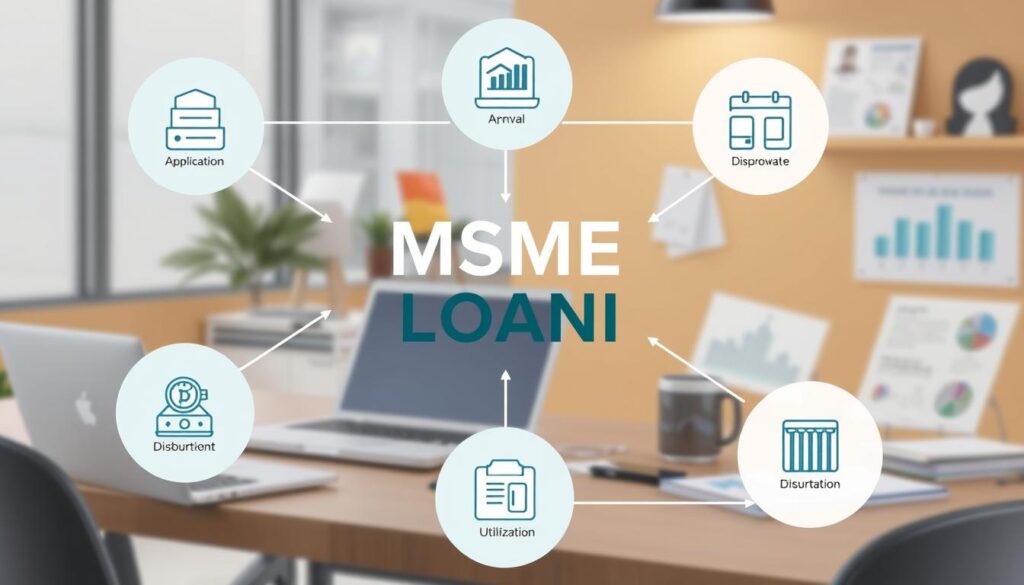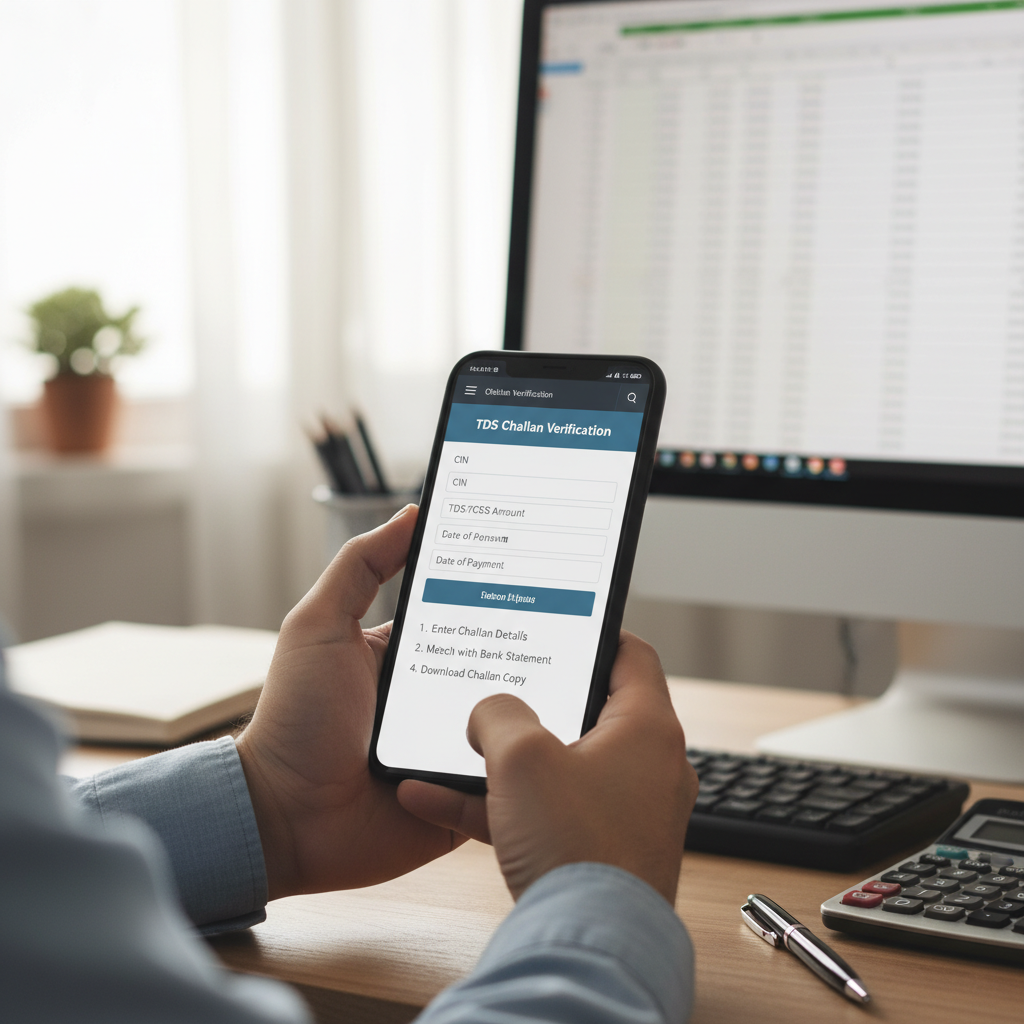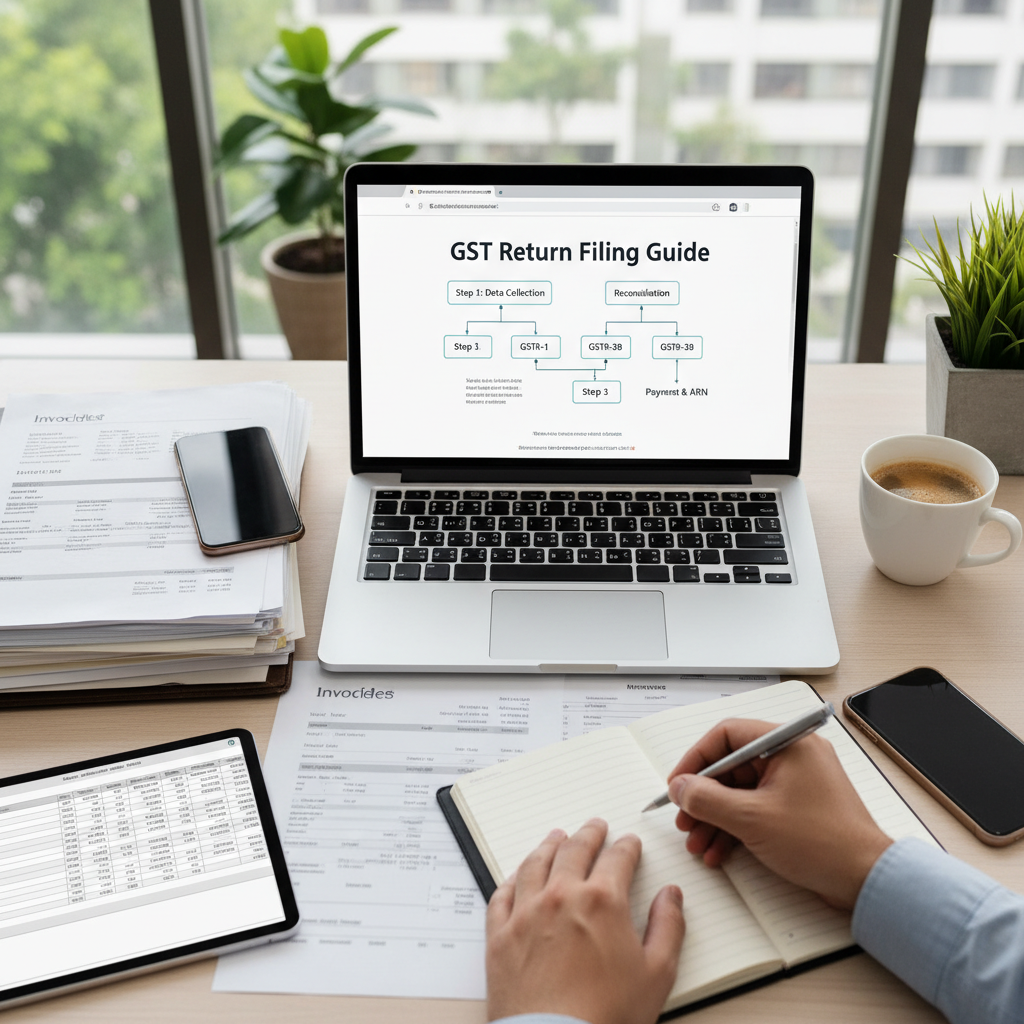Starting a small business is like a journey full of excitement and uncertainty. It’s crucial to have financial support to guide you. Imagine starting each day with passion but struggling with cash flow issues. That’s where MSME loans come in, offering a way to grow and sustain your business.
For entrepreneurs, knowing about MSME loans can make a big difference. These loans are made for small businesses and help with growth. They can be used for expanding, buying important equipment, or covering cash flow gaps. For more information on managing your business loan, check out My Digital Filing.
Key Takeaways
- MSME loans provide essential funding for business growth.
- Flexible repayment terms and competitive interest rates.
- Funds can be used for working capital and expansion.
- Online applications require minimal documentation.
- Understanding eligibility wipes away confusion.
- Government schemes make financing accessible.
Understanding MSME Loans
MSME loans help small businesses grow and stay strong. They offer funding for things like buying equipment, covering costs, and growing the business. These loans have interest rates starting at 7.65% p.a. and repayment plans up to 15 years. This makes them a good choice compared to traditional bank loans.
What Are MSME Loans?
MSME loans are made for small businesses. They are based on how much money a business makes and spends. Here’s how they are classified:
- Micro: Less than Rs. 1 crore in investment and less than Rs. 5 crore in sales.
- Small: Less than Rs. 10 crore in investment and less than Rs. 50 crore in sales.
- Medium: Less than Rs. 20 crore in investment and less than Rs. 100 crore in sales.
These loans can be as small as Rs. 50,000 or as big as several crores, depending on what your business needs.
Importance of MSME Loans for Small Businesses
MSME loans are very important for small businesses. They give businesses the money they need to grow. This helps small businesses get into the formal credit system. With these loans, businesses can:
- Grow their operations and create more jobs.
- Upgrade their technology to work better.
- Manage their cash flow better.
MSMEs are key to the economy because they drive innovation and growth. It’s important for business owners to understand these loans and their terms. For more info on MSME registration and services, check out My Digital Filing.
Types of MSME Loans
There are many types of MSME loans to choose from, each with its own benefits. You can pick the right one for your business needs. Options include collateral-free loans, government schemes, term loans, and working capital loans. Each type serves a different purpose for small businesses.
Collateral-Free Loans
Collateral-free loans are great for startups and small businesses. They let you borrow money without risking your assets. This means you can grow your business without the worry of collateral.
These loans can be used for many things. They help you focus on growing your business while keeping your personal and business assets safe.
Government Schemes for MSME Financing
Government schemes help small businesses grow. Programs like the Pradhan Mantri Mudra Yojana give financial help. They support entrepreneurship and innovation.
These schemes make it easier for small businesses to manage money. They help increase economic stability and growth in the MSME sector.
Term Loans and Working Capital Loans
Term loans and working capital loans meet different financial needs. Term loans are for big investments like expanding or starting new projects. Working capital loans cover daily expenses, keeping your business running well.
Both types of loans are key for growing and keeping your business going.
| Loan Type | Purpose | Features |
|---|---|---|
| Collateral-Free Loans | Startup funding and risk reduction | No asset requirement, flexible terms |
| Government Schemes | Financial assistance and support | Subsidized rates, easy application process |
| Term Loans | Long-term investments | Fixed repayment schedules, larger amounts |
| Working Capital Loans | Day-to-day operations | Quick disbursal, smaller amounts |
Using financial resources that fit your needs can boost your business. Check out My Digital Filing for more tips on managing your MSME funding.
Key Benefits of MSME Loans
MSME loans have many advantages that can change how your business runs. It’s key to know these benefits to make smart money choices.
Flexible Repayment Terms
MSME loans stand out for their flexible repayment plans. This flexibility helps you manage your money better. You can pay back based on your income and business needs, avoiding financial stress.
Lower Interest Rates Compared to Traditional Loans
MSME loans often have lower interest rates, which is great for small businesses. These lower rates mean you pay less over time. This lets you use more money for important things like marketing and stock. Lenders usually charge interest between 10 to 15 percent, making these loans easier to get.
Support for Business Growth and Expansion
These loans are made to help your business grow and expand. You can use the money for things like buying new equipment or hiring more staff. Plus, you don’t need to put up collateral, which is good for businesses that don’t have much property.
Using MSME loans can really boost your business. It helps you grow and stay strong over time. For more info on starting and running a business, check out My Digital Filing.
| Benefit | Description |
|---|---|
| Flexible Repayment Terms | Adapts to your financial situation, facilitating better cash flow management. |
| Lower Interest Rates | Typically between 10 to 15 percent, reducing repayment amounts. |
| Support for Business Growth | Provides necessary funds for expansion and operational scaling. |
MSME Loan Process
Getting an MSME loan can really help your business grow. Start by figuring out what you need and how much money you’ll need to get there.
Steps to Navigate the Loan Application
First, learn about the different loans available and pick the right one for your business. With a clear choice, start collecting the needed documents. You’ll need your PAN card, proof of business ownership, and bank statements. Having these documents ready makes applying faster and easier.
Gathering Required Documentation
Having the right documents is key for a successful loan application. You should have:
- Application forms
- Identity proofs (Aadhar Card, PAN Card)
- Residential and business address proofs
- Business plans outlining your objectives and strategies
- Bank statements for the last six months
- Income proofs, including Income Tax Returns
- Registration proofs like the MSME Certificate
For more info on what documents you need, check out this resource: gathering required documentation.
Choosing the Right Lender
Finding the right lender is crucial. Look for ones with good interest rates, from 12.75% to 44%. Also, be aware of the fees, usually 2-3% of the loan. My Digital Filing can help you pick a lender that fits your business goals.
Loan Eligibility Criteria
Before you apply for an MSME loan, it’s key to know the loan eligibility criteria. This includes your business type, size, credit score, and financial health. Knowing these will boost your chances of getting the loan you need.
Business Type and Size
The type and size of your business affect your loan eligibility. Whether it’s a small business or a large one, different rules apply. For example, the Pradhan Mantri Mudra Yojana offers loans up to ₹10 Lakh for small businesses.
Credit Score Requirements
A good credit score is vital for getting a loan. It impacts your loan approval chances and the interest rates you’ll get. Lenders usually want a credit score over 650 for MSME loans. Keeping an eye on your credit score and improving it can get you better loan terms.
Financial Health Assessment
Lenders look closely at your financial health when evaluating loans. They check your profits, cash flow, and balance sheets, often verified by a Chartered Accountant. To be eligible, your business should show steady cash growth over the last two years and have been in operation for at least three years.
| Criteria | Details |
|---|---|
| Business Type | Proprietorship, Partnership, Pvt. Ltd Companies, etc. |
| Business Size | Revenue and capital investment classifications |
| Credit Score | Preferably above 650 |
| Financial Health | Positive cash flow, profitability, CA certified balance sheets |
| Business Vintage | Minimum 3 years operational |
Knowing these loan eligibility criteria can improve your chances of getting funding. It also helps you understand what lenders look for in borrowers.
Loan Documentation Requirements
Getting an MSME loan means you need to pay attention to the loan documentation. Having the right documents ready can help a lot with the approval. Make sure you have all the necessary documents to show a full picture of your business.
Essential Documents to Prepare
- Identity Proof: You can use an Aadhaar card, PAN card, passport, or voter ID.
- Address Proof: Acceptable documents include lease agreements, utility bills, or ration cards.
- Business Proof: You’ll need Memorandum of Association (MoA), Articles of Association (AoA), and a certificate of incorporation.
- Financial Documents: Prepare your last two years of income tax returns, audited balance sheets, and recent bank statements.
- Business Plan: A detailed plan that outlines your operations and goals is important.
- MSME Certificate: Don’t forget your Udyam Registration Certificate.
- Loan Application Form: Make sure it’s filled and signed correctly.
Common Overlooked Documentation
While the main documents are key, some details often get missed. Consider adding:
- Cash flow projections to show money coming in and going out.
- A comprehensive business plan that explains your business model, market analysis, and future plans.
- Additional financial records like profit and loss statements and GST returns for deeper insights.
To boost your chances of getting an MSME loan, make sure all your documents are accurate and complete. Organizing these essential documents can make the application smoother and increase your chances of success. For help with the documents, check out My Digital Filing.
| Document Type | Description |
|---|---|
| Identity Proof | Aadhaar card, PAN card, passport, or voter ID |
| Address Proof | Lease agreements or recent utility bills |
| Business Proof | MoA, AoA, and certificate of incorporation |
| Financial Documents | Tax returns, balance sheets, bank statements |
| Business Plan | A detailed plan of operations and future goals |
| MSME Certificate | Udyam Registration Certificate |
| Loan Application Form | Completely filled and signed application |
Understanding the Loan Approval Process
Understanding the loan approval process is key to your business’s financial future. It’s important to know the steps, like verifying your application and documents. Lenders check your info carefully and might ask for more documents. Being prepared can help you get your loan faster.
Verification of Application and Documentation
Verifying your application is a big step in getting a loan. You’ll need to provide things like balance sheets and business plans. Most small business loan applications are checked closely for their financial health. Lying about your finances can really lower your chances of getting approved.
- Ensure all documents are accurate and complete.
- Monitor your credit score regularly; frequent checks are recommended for loan applicants.
- Apply to a strategic number of lenders to safeguard your credit score from hard inquiries.
Loan Sanction Timeline
Knowing how long it takes to get a loan is important. It can take a few days to weeks, depending on the lender. Hurrying can cause delays or even get your loan denied. Getting all your documents ready early makes things smoother.
| Factor | Impact on Approval |
|---|---|
| Credit Score | Higher credit scores increase chances of loan approval. |
| Documentation Accuracy | Completeness of provided documents prevents delays. |
| Application Timing | Rushing can lead to mistakes, affecting approval likelihood. |
| Number of Lender Applications | Excessive applications result in multiple hard inquiries, impacting credit scores. |
MSME loans can really help your business grow. My Digital Filing can help you get your documents in order for a smoother loan process. Remember, paying back on time is key to keeping a good credit score for future loans.
Collateral Requirements for MSME Loans
Understanding what you need for MSME loans is key to getting your business financed. Each lender has its own rules about what collateral they want. You’ll often need to offer things like real estate, inventory, or equipment as collateral. Knowing what they accept makes preparing for your loan easier.
Types of Acceptable Collateral
Here are some common collaterals for MSME loans:
- Real Estate: Properties your business or you own.
- Inventory: Goods and materials ready for sale.
- Equipment: Machinery and tools for your business.
- Financial Assets: Stocks, bonds, or other financial tools.
Pros and Cons of Secured vs Unsecured Loans
Think about the pros and cons of secured and unsecured loans:
| Type of Loan | Pros | Cons |
|---|---|---|
| Secured Loans |
|
|
| Unsecured Loans |
|
|
Looking at secured vs unsecured loans helps you pick the best one for your business. To make things easier, talk to experts who can give you advice suited to your business.
Comparing Interest Rates
When looking for MSME loans, it’s important to compare interest rates carefully. You should think about several factors that affect these rates before deciding. Knowing these can help reduce your financial load.
Factors Influencing Interest Rates
Several key elements affect the interest rates for MSME loans:
- Credit Score: A higher score usually means lower interest rates.
- Loan Amount: The amount you borrow can affect the rates, with bigger loans sometimes having different terms.
- Repayment Tenure: Shorter repayment periods can lead to better rates.
- Lender’s Risk Assessment: How lenders see your business can change the rates they offer.
- Type of Loan: Loans from different sources, like banks or online lenders, have different rates.
Interest rates for MSME/SME loans usually fall between 15% and 28% a year. These rates change based on the factors mentioned above. So, it’s key to research well.
How to Find the Best Rates for Your Business
To get the best rates for your MSME loans, follow these steps:
- Research Multiple Lenders: Look at what different financial institutions offer to find good rates.
- Utilize Online Comparison Tools: Use the internet to easily compare interest rates.
- Negotiate: Talk to lenders about adjusting rates if possible.
- Consult Financial Advisors: Experts can help you understand the details and find the best options.
In conclusion, understanding the factors that influence interest rates and comparing offers from various lenders is key. My Digital Filing can help with applying for loans and comparing rates to meet your business needs.
Conclusion
The MSME loan process is key for small businesses in India to get the funding they need. It helps them grow and expand. By understanding the loan types, what you need to qualify, and the documents required, you can make the process smoother. This way, you boost your chances of getting the financing you need.
Tools like My Digital Filing can make getting an MSME loan easier. They offer benefits like loans without collateral and special subsidies. Now is a great time to look into financing options for your small business. This can help you reach your business goals.
When you start this journey, think about how MSME loans can be used. They can help buy inventory or upgrade technology. Planning your approach increases your success chances. It also sets your business up for a better future.
FAQ
Q: What are MSME loans and who can apply for them?
A: MSME loans help micro, small, and medium enterprises with funding for their business needs. These loans are for businesses that meet the MSME sector’s criteria in India.
Q: What is the MSME loan process like?
A: Getting an MSME loan involves several steps. First, define your business needs. Then, gather the needed documents. Next, pick the right lender and apply for the loan. Being well-prepared makes the process smoother.
Q: What types of MSME loans are available?
A: There are many MSME loans out there. You can get collateral-free loans, term loans, working capital loans, or loans from government schemes. These options support small businesses with less need for collateral.
Q: What are the eligibility criteria for MSME loans?
A: To be eligible, your business must fit the MSME classification. You also need a good credit score and a financially healthy business. Lenders look at your profitability and cash flow too.
Q: What documentation is required when applying for an MSME loan?
A: You’ll need business registration certificates, identity proofs, tax returns, and financial statements. Adding cash flow projections and detailed business plans can also help your application.
Q: How long does the MSME loan approval process take?
A: Approval time varies by lender, from a few days to weeks. Knowing the timeline helps set your funding expectations.
Q: What are the collateral requirements for MSME loans?
A: Collateral needs differ by lender. Some loans require assets like real estate or equipment. Others are unsecured, with no asset backing but higher interest rates.
Q: Why is credit score important in the MSME loan application process?
A: A good credit score is key. It affects loan approval and interest rates. A strong score means better loan terms.
Q: How can I compare interest rates for MSME loans?
A: Compare rates by looking at your credit score, loan size, repayment terms, and lender risk assessment. Online tools can help with this comparison.
Please Rate this post
Click to rate











